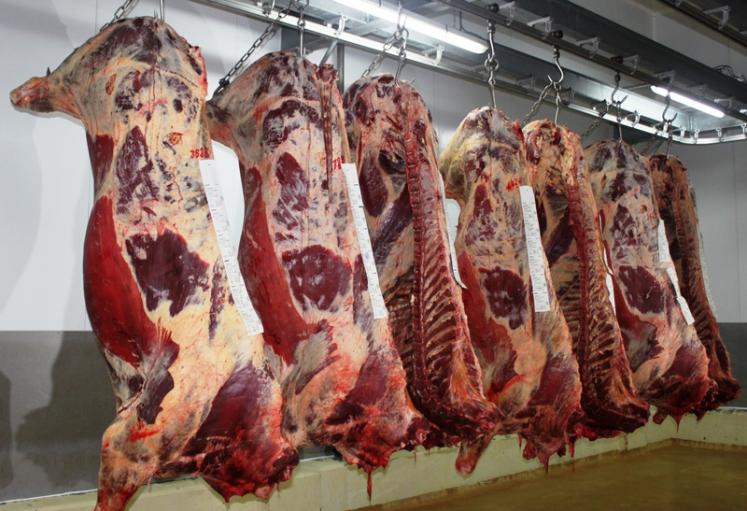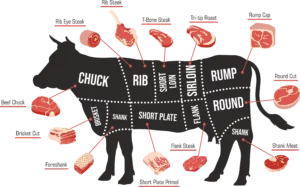Frozen meat plays a significant role in the food industry and households for several reasons:
- Extended Shelf Life: One of the primary advantages of freezing meat is that it extends its shelf life. By lowering the temperature, the growth of microorganisms responsible for spoilage and foodborne illnesses is slowed significantly. This allows meat to be stored safely for longer periods, reducing food waste.
- Preservation of Nutrients: Freezing meat helps preserve the nutritional content of the meat. Vitamins, minerals, and other essential nutrients are better retained when meat is frozen as compared to other preservation methods like canning or drying.
- Convenience: Frozen meat provides convenience for both consumers and the food industry. Consumers can buy meat in bulk and freeze it for later use, reducing the frequency of grocery shopping. In the food industry, frozen meat allows for better planning, easier inventory management, and efficient supply chain logistics.
- Seasonal Availability: Frozen meat enables consumers to enjoy meats that might not be in season. This is particularly useful for meats that are available in abundance during certain times of the year but are scarce at others. Freezing allows these meats to be enjoyed year-round.
- Food Safety: Properly frozen meat can help prevent the growth of harmful bacteria that can lead to foodborne illnesses. It’s crucial to follow the recommended freezing and thawing methods to ensure the safety of the meat. Thawing meat in the refrigerator, for example, helps to maintain a safe temperature range.
- Variety and Selection: Freezing meat allows for a wider variety of options for consumers. People can have access to a diverse range of meats, cuts, and processed products regardless of their geographical location.
- Cooking Flexibility: Frozen meat can be used in various recipes without worrying about immediate consumption. This provides flexibility in meal planning and preparation.
- Reduced Food Waste: Freezing meat can help reduce food waste by allowing consumers to store excess meat that they might not be able to consume immediately. This is particularly important in efforts to combat food waste and promote sustainable consumption.
- Cost Savings: Purchasing meat in bulk and freezing it can often be more cost-effective than buying smaller quantities frequently. It allows consumers to take advantage of sales and discounts, saving money in the long run.
- Emergency Preparedness: Having frozen meat on hand can be beneficial in emergency situations, such as natural disasters or unexpected events that disrupt regular food supplies.
However, it’s important to note that while freezing meat offers numerous benefits, proper handling, freezing, and thawing procedures are essential to maintaining quality, safety, and taste. Incorrect thawing methods or extended freezer storage can potentially affect the texture and flavor of the meat. Always follow recommended guidelines for freezing and thawing meat to ensure the best results.





